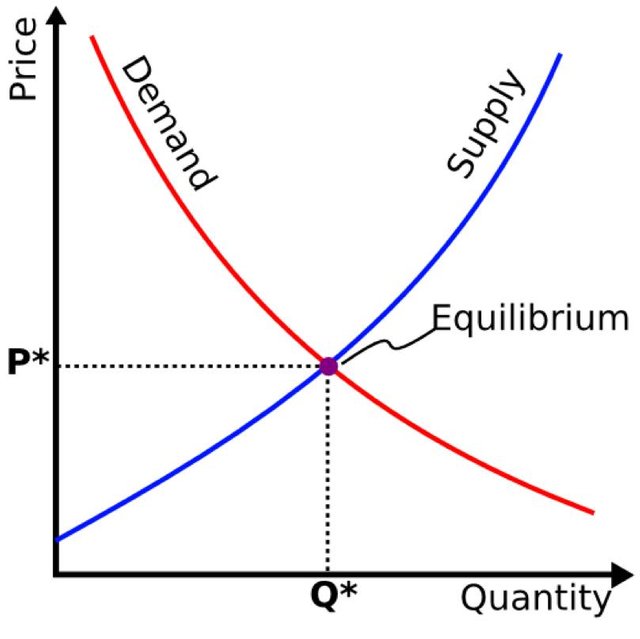What Is Keynesian Economics?

The Theory
Keynesian Economics is a theory of total spending within an economy and its effects on inflation and output. This economic theory was first developed in Britain by the economist John Maynard Keynes in the 1930’s in order to break down and understand the Great Depression. Keynes advocated increased government expenditures and lower taxes to stimulate demand and pull the global economy out of the Depression. Because of his work on the theory, it became known as “Keynesian economics” and has been used to refer to the notion that optimal economic performance can be achieved – as well as economic slumps being avoided – by influencing overall demand through economic intervention by the government. Keynesian economics is considered to be a theory that concentrates on changing the economy in the short term.

Keynesian Economics the Low Down
Before Keynes’ economic theory, older economic beliefs suggested that employment and economic output ran in cycles and would adjust accordingly. This older theory puts forward that if overall demand in the economy lowers, the resulting weakness in production and employment would result in a decline in prices and wages. Lower levels of inflation and wages would result in employers making capital investments and increase their employment rate, stimulating and restoring economic growth.
With the Great Depression being deep and severe, the hypothesis was put through its paces. Keynes stated in his book, “General Theory of Employment, Interest and Money,” among works, that certain attributes of market economies and structural rigidity would only magnify economic weakness and would cause overall demand to decrease further.
Keynesian economics denies the idea held by a few economists that decreased wages have the potential restore maximise employment levels, by suggesting that employers won’t increase the number of employees to manufacture goods and services that won’t be sold as a result of weak demand. In likeness, a poor business environment could cause businesses to lower their levels of capital investment, instead of taking advantage of decreased prices to invest in new company infrastructure; this would also include the effect of reducing overall costs and employment.
Votes and Comments are appreciated if you found this useful.
Keyens was a genius... but some key concepts where perverted, and now is the excuse, for the new world order to grow its parasite participation and regulation. I recommend to compare keynesian spending with Austrian economics, my personal virtues and principples :) cheers
It's actually quite terrifying seeing the sheer scale of stimulus the central banks are pumping. They're just making things worse by letting the bubble get bigger and bigger.
I am Glad somebody is setting the history correctly, conservatives have always tried to deny Keynes and the proof was in the pudding when in the late 40s the depression was lifting quickly under the 5 year plans on infesture investment, at that time the conservatives scraped the idea and went back to lowering wages and as in your essay the effect was that the depression lasted a lot longer than it had needed too.
The same mistakes have happend again where yet again the move was from Keynes back to austerity, in the Uk it has meant that wages which could be paid back into paying down deficit instead now pay employers to create part time workers where they no longer have to pay tax and insurance which as you can guess a bigger struggle to find money to pay the deficit other than destroy civic amenities and make more people unemployed with a lack of any job security.